Home>Home Appliances>Kitchen Appliances>What Is More Efficient: Stovetop Kettle Or Electric Kettle
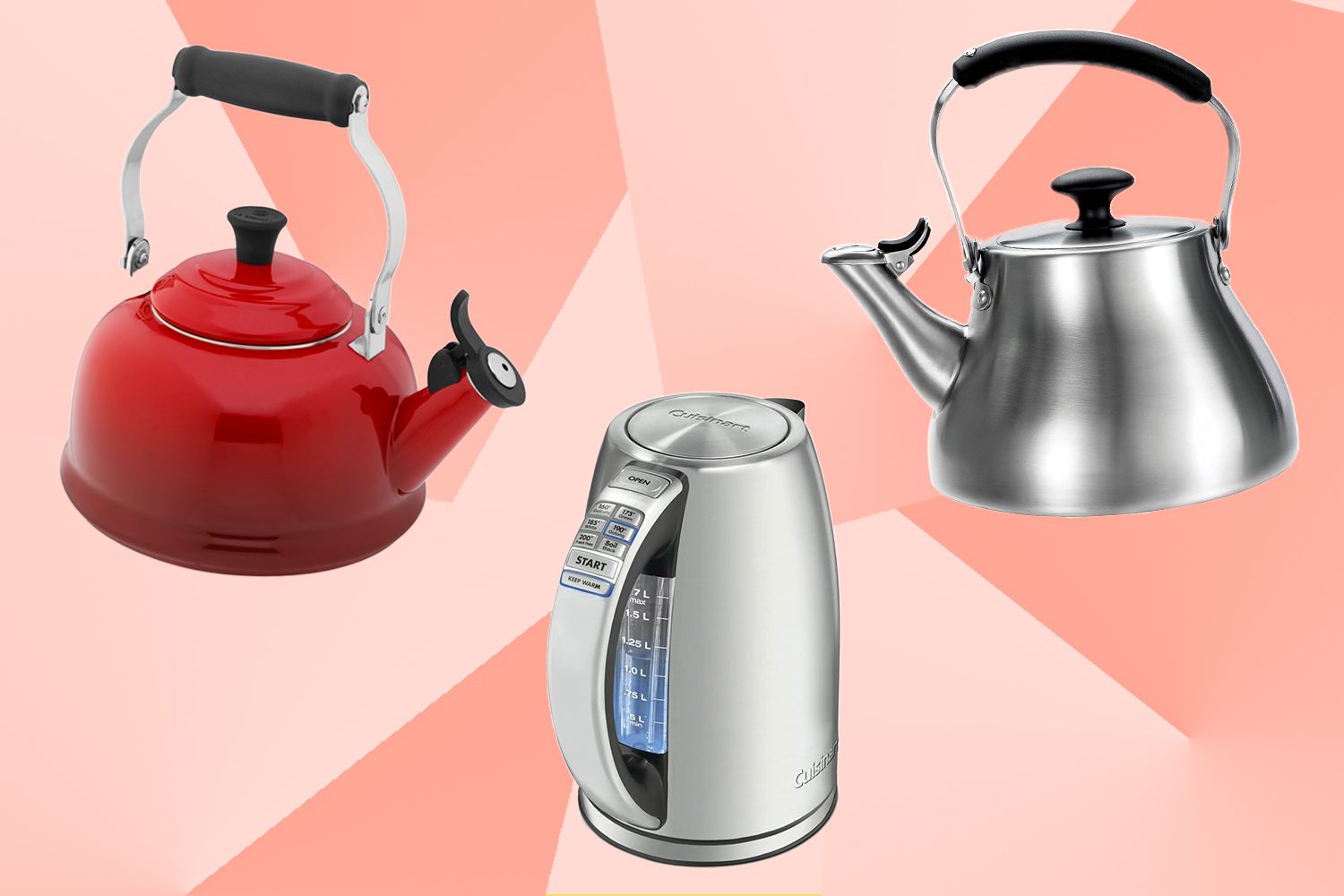

Kitchen Appliances
What Is More Efficient: Stovetop Kettle Or Electric Kettle
Modified: August 26, 2024
Discover the pros and cons of stovetop and electric kettles to find the most efficient option for your kitchen. Learn which kitchen appliance suits your needs best.
(Many of the links in this article redirect to a specific reviewed product. Your purchase of these products through affiliate links helps to generate commission for Storables.com, at no extra cost. Learn more)
Introduction
When it comes to boiling water for your favorite hot beverages or culinary creations, the debate over the most efficient method rages on. The classic stovetop kettle and the modern electric kettle each have their fervent advocates, and the choice between the two ultimately depends on various factors, including personal preferences, lifestyle, and energy efficiency. In this comprehensive guide, we will delve into the intricacies of both the stovetop and electric kettles, exploring their features, benefits, and drawbacks to help you make an informed decision. Whether you are a devoted tea enthusiast, a coffee connoisseur, or a culinary aficionado, understanding the nuances of these two popular kitchen appliances is essential in optimizing your boiling experience. So, let’s embark on this journey to uncover which kettle reigns supreme in efficiency and convenience.
Key Takeaways:
- Electric kettles are the efficient choice for quick boiling, energy conservation, and user-friendly features, catering to the fast-paced demands of modern households.
- Stovetop kettles offer timeless charm and versatility but may be less efficient due to potential heat loss and the need for constant monitoring during boiling.
Stovetop Kettle
The stovetop kettle, a timeless kitchen essential, exudes a sense of nostalgia and charm. Crafted from various materials such as stainless steel, copper, or enamel, stovetop kettles are available in an array of designs, from sleek modern styles to quaint, vintage-inspired models. The process of using a stovetop kettle involves placing it directly on a gas or electric stovetop, allowing the heat to gradually bring the water to a rolling boil.
One of the key advantages of the stovetop kettle is its versatility. It can be used on various heat sources, including gas, electric, and induction cooktops, making it an ideal choice for individuals with diverse kitchen setups. Additionally, stovetop kettles are often valued for their aesthetic appeal, with many homeowners incorporating them as decorative elements in their kitchen spaces.
However, the efficiency of a stovetop kettle is influenced by the heat source and the design of the kettle itself. The boiling time can vary based on the stovetop’s heat output, and the process may be slower compared to an electric kettle. Furthermore, the stovetop kettle requires constant monitoring to prevent the water from boiling over, which may not be as convenient for those with busy lifestyles.
Another consideration is the energy consumption associated with stovetop kettles. While they are generally efficient when used on gas stovetops, electric models may consume more energy, especially if the stovetop lacks proper contact with the heating element. This can lead to heat loss and prolonged boiling times, impacting the overall efficiency of the stovetop kettle.
In summary, the stovetop kettle offers timeless elegance and versatility, catering to a range of kitchen aesthetics and heat sources. However, its efficiency is influenced by factors such as heat source compatibility, design, and the need for attentive monitoring during the boiling process.
Electric Kettle
The electric kettle, a modern marvel of kitchen technology, has revolutionized the process of boiling water with its efficiency and convenience. This appliance features a self-contained heating element and a base that connects to a power source, allowing for rapid and precise water boiling. Electric kettles are available in a variety of designs, ranging from sleek, stainless steel models to vibrant, colorful options that complement diverse kitchen aesthetics.
One of the standout advantages of the electric kettle is its unparalleled speed. With the ability to bring water to a boil in a matter of minutes, the electric kettle is a time-saving powerhouse, catering to the fast-paced demands of modern lifestyles. This rapid boiling capability is attributed to the direct and consistent heat application from the internal heating element, ensuring swift and efficient water heating.
Furthermore, electric kettles are equipped with safety features such as automatic shut-off mechanisms and boil-dry protection, offering peace of mind during use. These built-in safety measures not only enhance the user experience but also contribute to the overall efficiency of the electric kettle by minimizing energy waste and the risk of accidents.
In addition to speed and safety, electric kettles are renowned for their energy efficiency. By directly heating the water within a contained environment, electric kettles minimize heat loss and optimize energy utilization, resulting in reduced electricity consumption compared to traditional stovetop boiling methods.
Another noteworthy feature of electric kettles is their convenience. Many models offer cordless operation, allowing for easy pouring and serving without being tethered to a power source. Additionally, some electric kettles feature temperature control settings, catering to specific beverage or culinary requirements with precision.
In summary, the electric kettle embodies a harmonious blend of efficiency, speed, safety, and convenience, catering to the demands of modern households and culinary enthusiasts. Its rapid boiling capabilities, energy efficiency, and user-friendly features make it a compelling option for those seeking a streamlined and efficient water boiling experience.
Comparison of Efficiency
When comparing the efficiency of stovetop and electric kettles, several factors come into play, influencing their overall performance and energy utilization. Let’s delve into the key aspects that differentiate the efficiency of these two popular boiling methods.
Speed and Energy Consumption
One of the defining factors in efficiency is the speed at which each kettle can bring water to a boil. Electric kettles, known for their rapid heating capabilities, excel in this aspect, often outpacing stovetop kettles in terms of speed. The direct application of heat from the internal heating element in electric kettles minimizes heat loss and optimizes energy utilization, resulting in swift boiling times and reduced electricity consumption.
On the other hand, stovetop kettles rely on external heat sources, such as gas or electric stovetops, which can lead to variations in boiling times based on the heat output and the design of the kettle. While stovetop kettles are versatile in terms of heat source compatibility, their efficiency may be influenced by factors such as heat loss and the need for vigilant monitoring during the boiling process, potentially leading to longer boiling times and increased energy consumption.
Read more: What Is An Electric Kettle
Versatility and Convenience
Stovetop kettles offer versatility in terms of heat source compatibility, catering to gas, electric, and induction cooktops. Their aesthetic appeal and decorative value also contribute to their allure in kitchen spaces. However, the need for constant monitoring during the boiling process and the potential for slower boiling times may impact the overall convenience and efficiency, especially for individuals with busy lifestyles.
Electric kettles, with their rapid boiling capabilities, built-in safety features, and user-friendly designs, offer unparalleled convenience and efficiency. The ability to quickly and precisely heat water, coupled with features such as automatic shut-off mechanisms and cordless operation, enhances the overall user experience while optimizing energy utilization.
Energy Efficiency and Environmental Impact
From an energy efficiency standpoint, electric kettles demonstrate notable advantages due to their direct heating mechanisms and minimized heat loss. By consuming less electricity and expediting the boiling process, electric kettles contribute to reduced energy consumption and environmental impact compared to stovetop kettles, especially in households with frequent boiling needs.
In summary, while both stovetop and electric kettles have their unique attributes and appeal, the electric kettle emerges as a frontrunner in efficiency, offering rapid boiling, energy conservation, and user-centric features that cater to the demands of modern lifestyles.
An electric kettle is more efficient than a stovetop kettle because it heats water faster and uses less energy. It’s also safer and more convenient to use.
Conclusion
As we conclude our exploration of stovetop and electric kettles, it becomes evident that both appliances possess distinct qualities and cater to diverse preferences and lifestyles. The stovetop kettle, with its timeless charm, versatility in heat source compatibility, and decorative appeal, remains a beloved choice for traditionalists and those seeking a touch of nostalgia in their kitchen spaces. However, its efficiency is influenced by external heat sources, potential heat loss, and the need for attentive monitoring during the boiling process.
On the other hand, the electric kettle stands out as a beacon of efficiency, offering rapid boiling times, energy conservation, and user-friendly features that align with the fast-paced demands of modern households. Its safety mechanisms, cordless operation, and minimized environmental impact further underscore its appeal as a convenient and efficient water boiling solution.
Ultimately, the choice between a stovetop and electric kettle hinges on individual preferences, lifestyle considerations, and the prioritization of efficiency and convenience. While the stovetop kettle evokes a sense of tradition and aesthetic allure, the electric kettle embodies the epitome of modern efficiency, catering to the dynamic needs of contemporary consumers.
Whether you savor the ritual of stovetop boiling or seek the expediency of an electric kettle, understanding the nuances of each option empowers you to make an informed decision that aligns with your culinary rituals and lifestyle. Whichever path you choose, the joy of a perfectly brewed cup of tea or a steaming pot of water for your favorite recipes awaits, enhanced by the efficiency and charm of your chosen kettle.
Frequently Asked Questions about What Is More Efficient: Stovetop Kettle Or Electric Kettle
Was this page helpful?
At Storables.com, we guarantee accurate and reliable information. Our content, validated by Expert Board Contributors, is crafted following stringent Editorial Policies. We're committed to providing you with well-researched, expert-backed insights for all your informational needs.
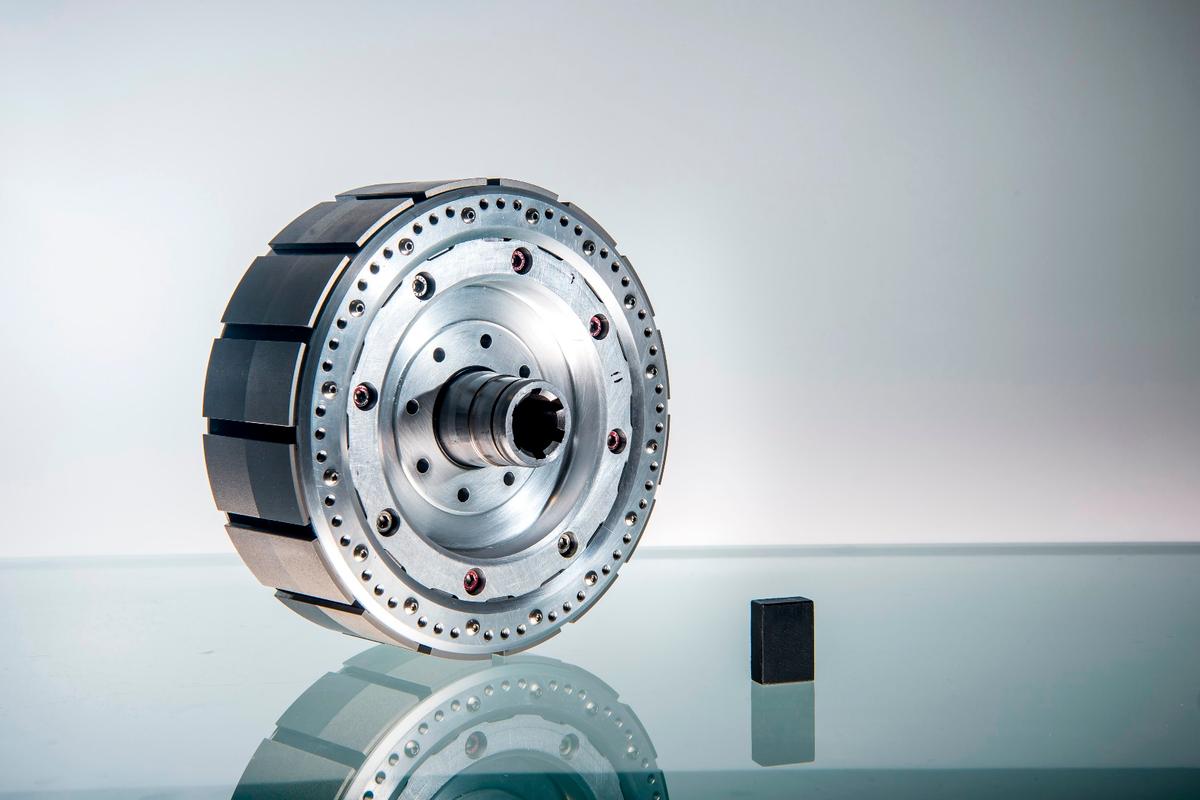
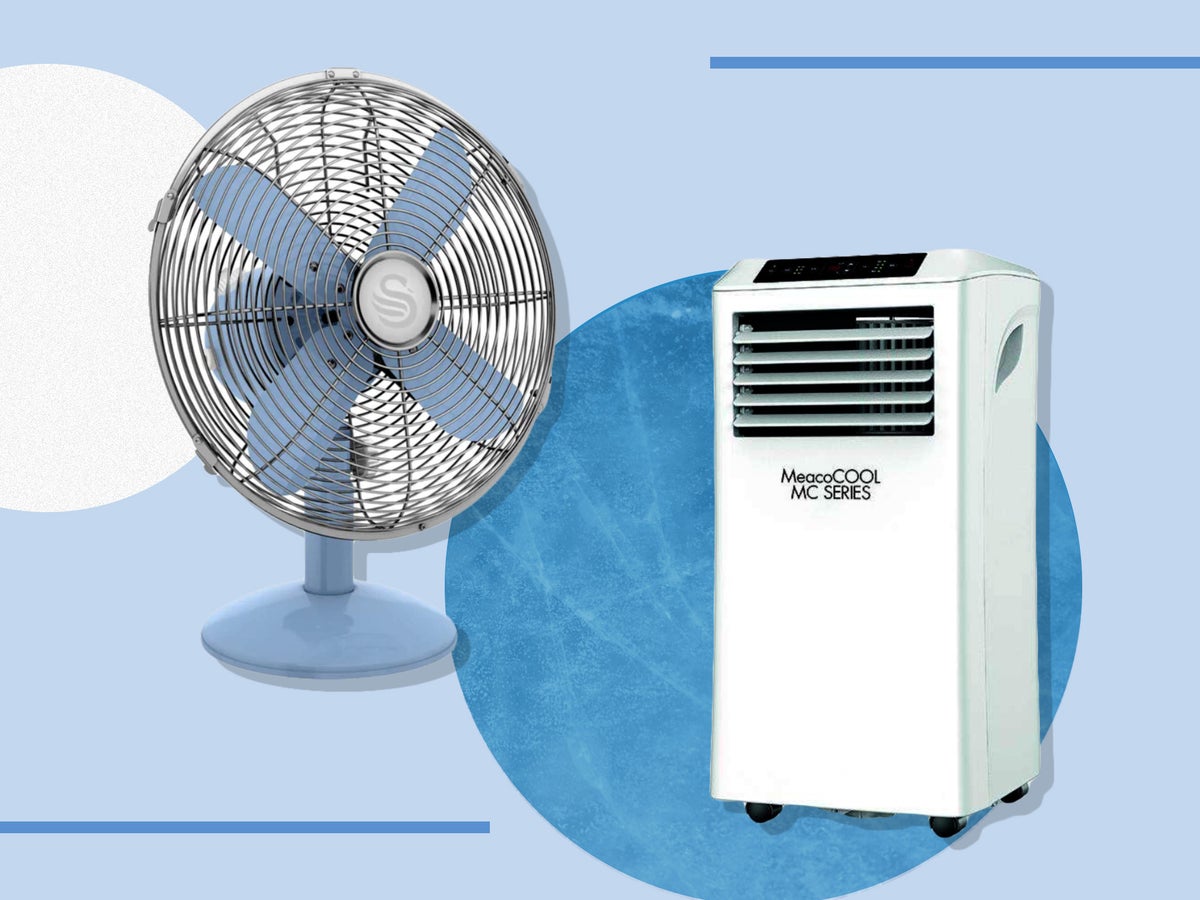
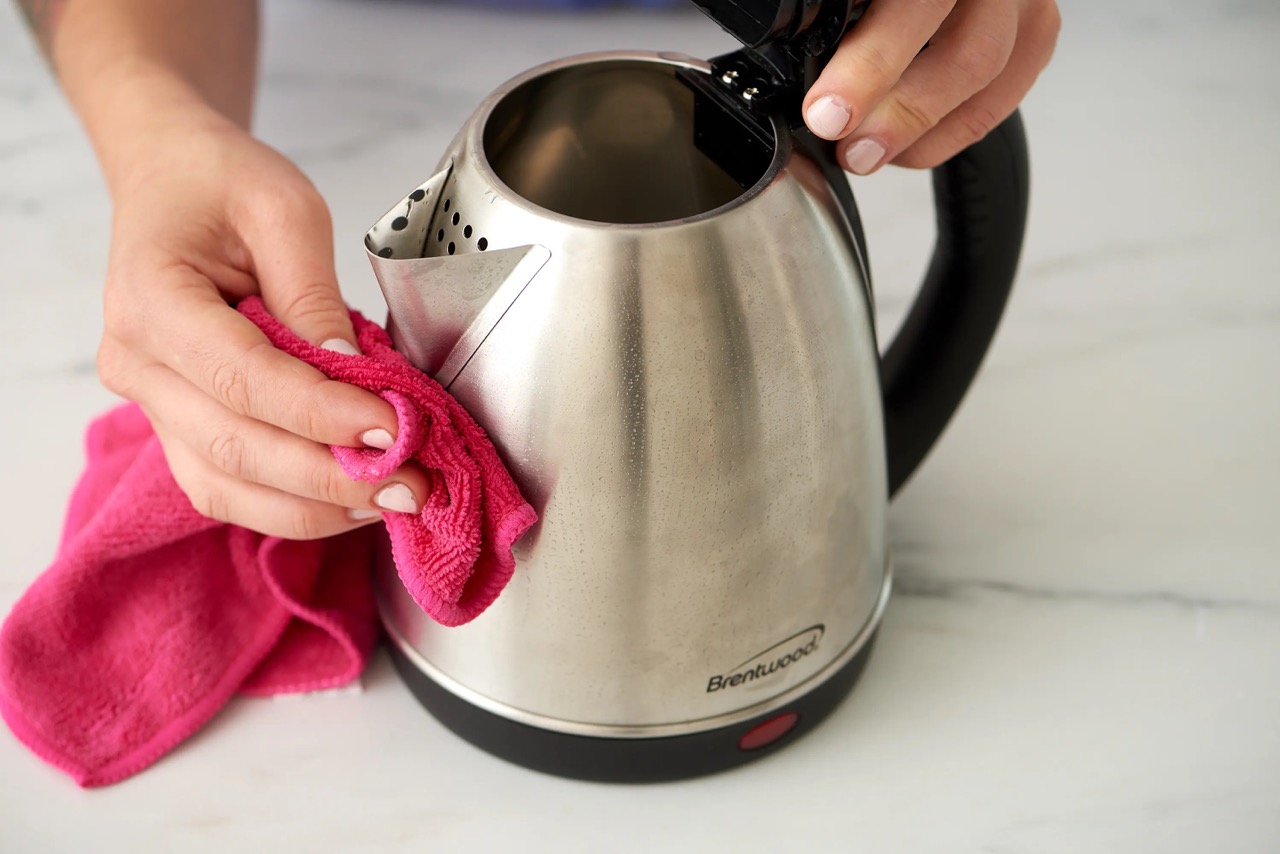
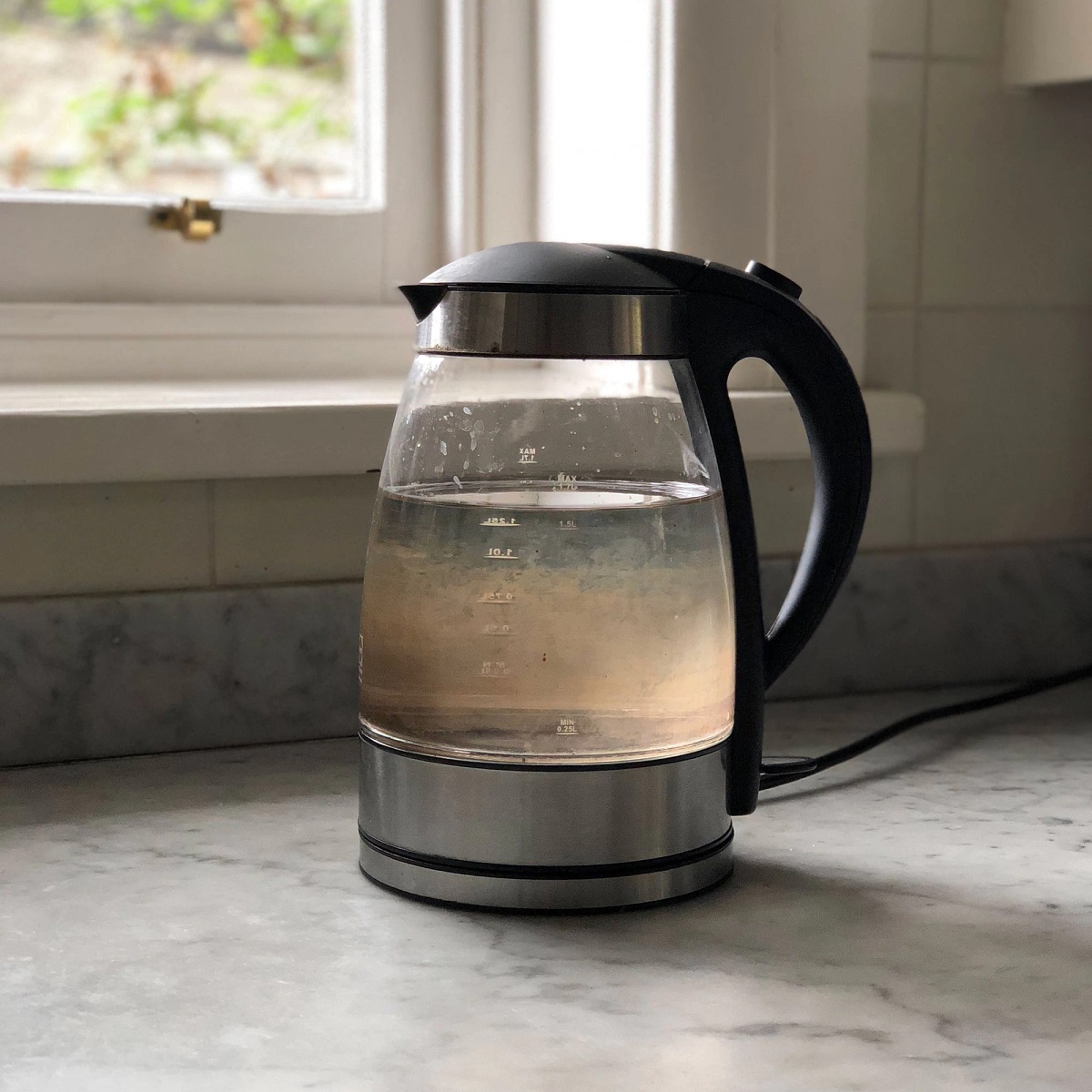
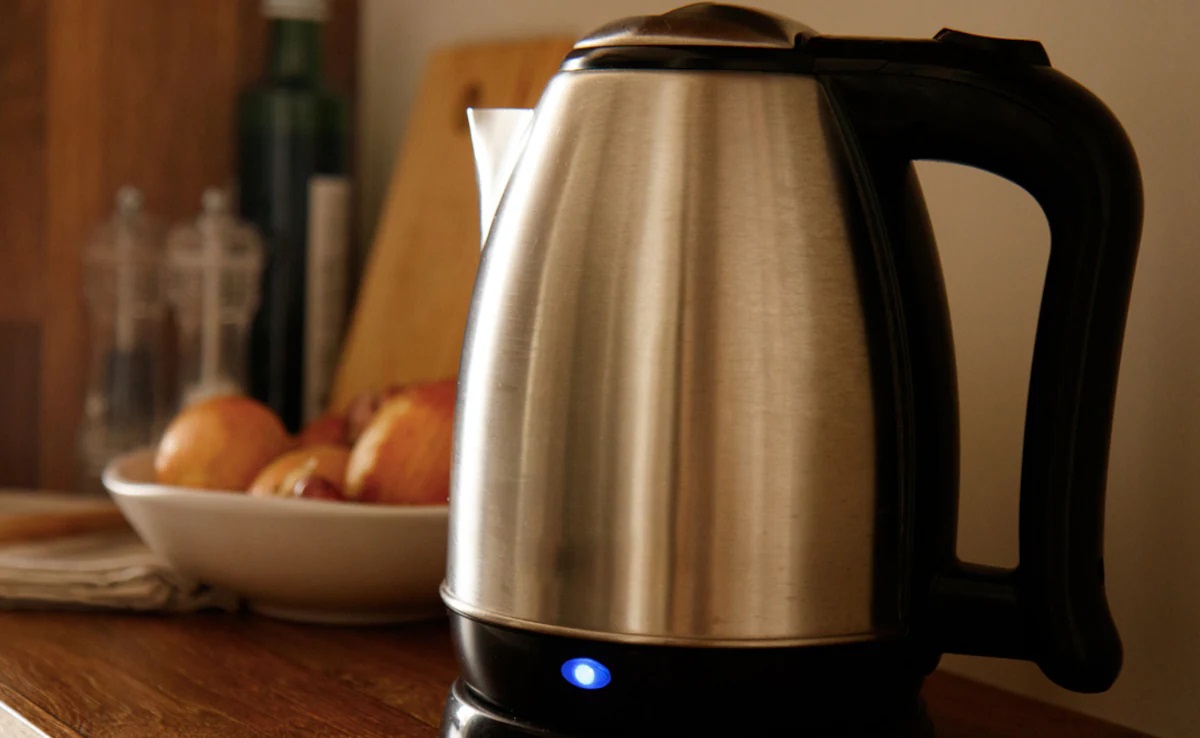
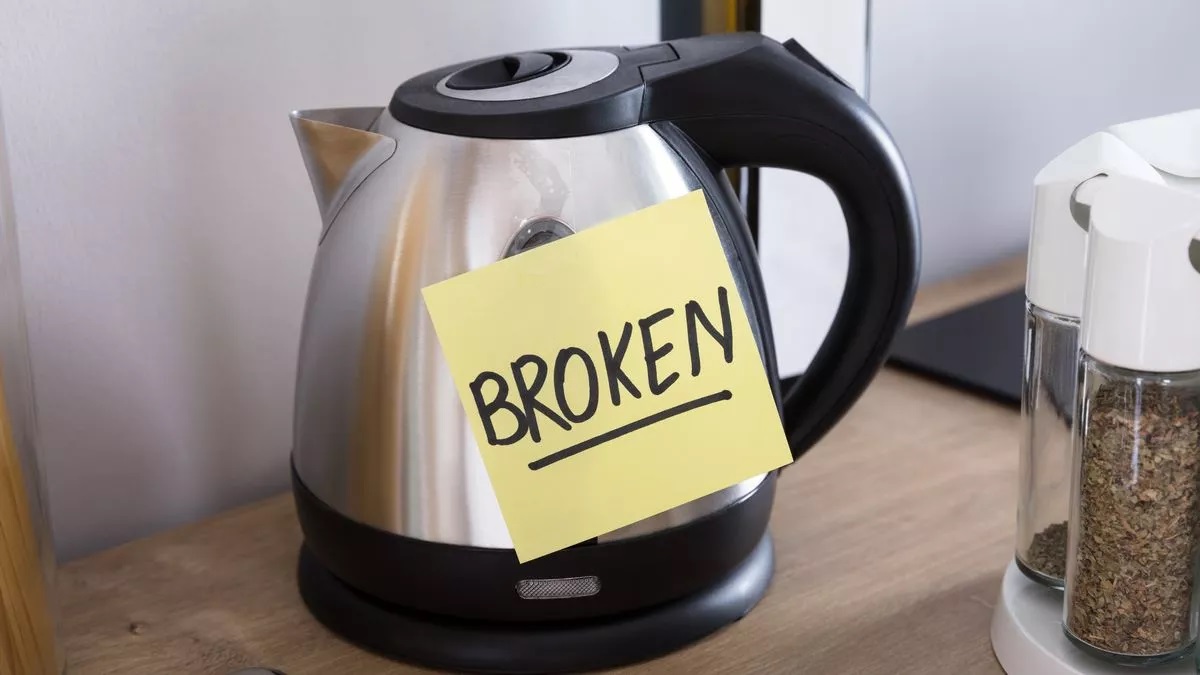
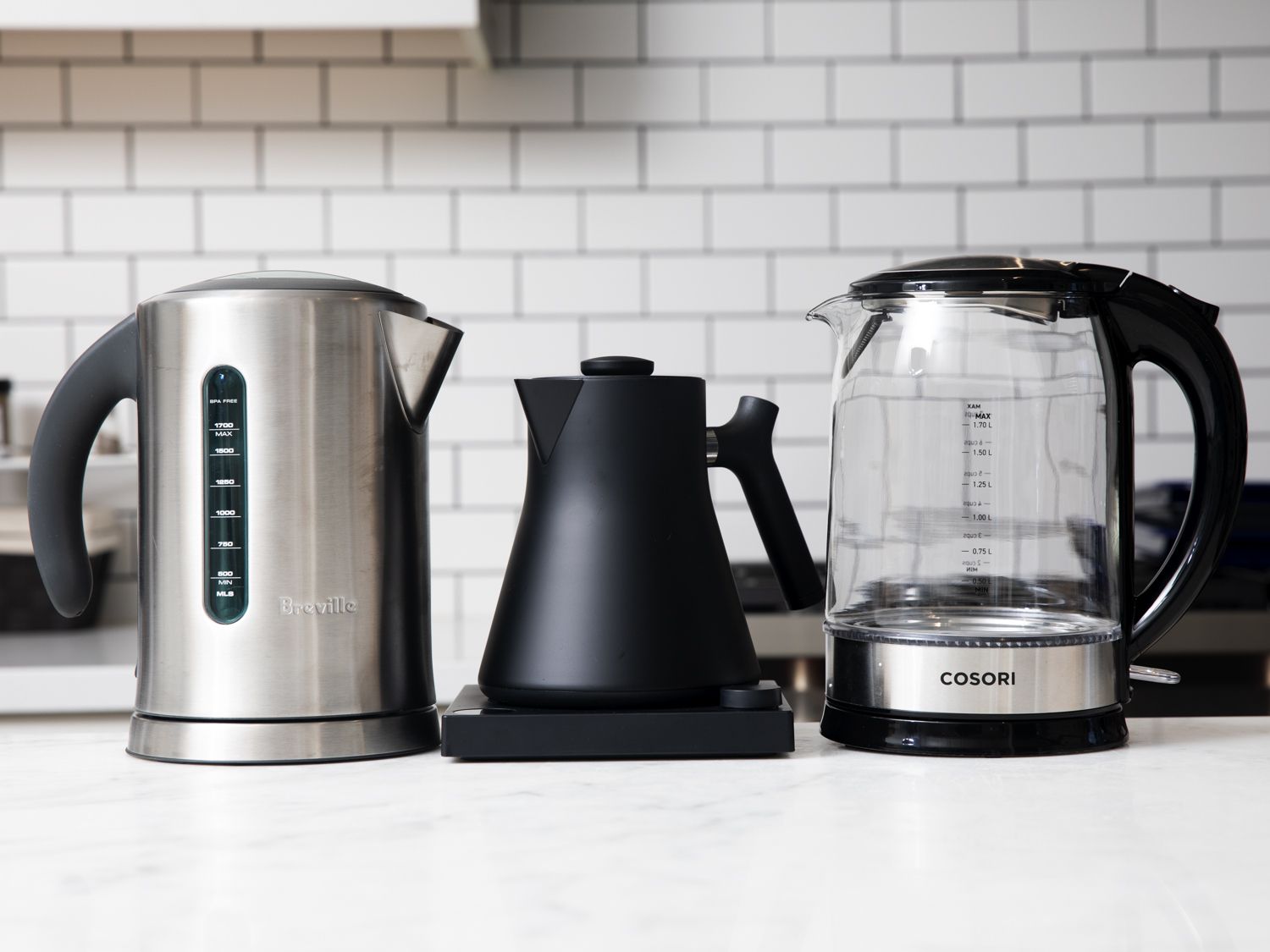
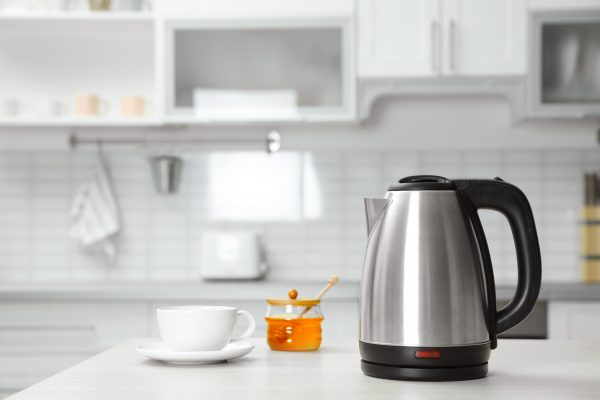
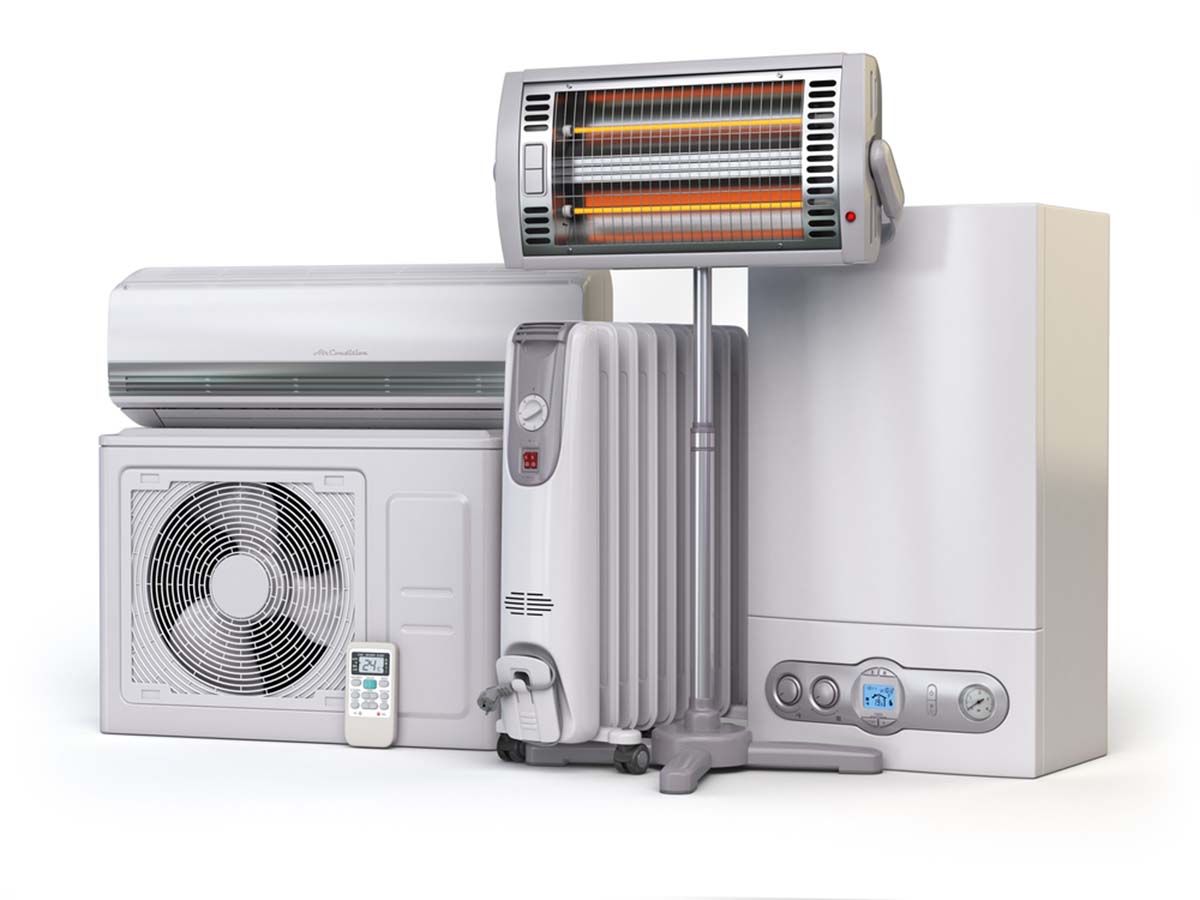
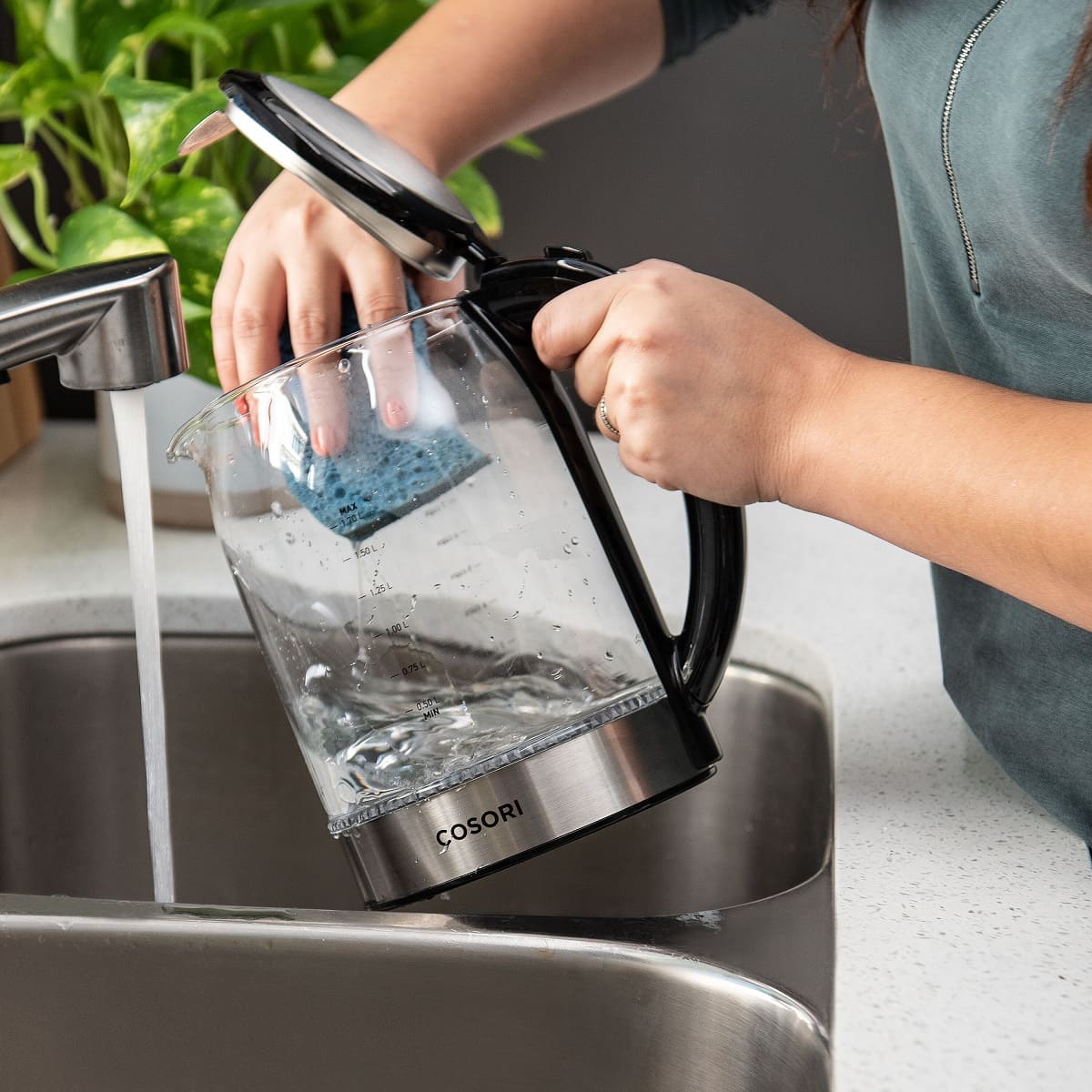
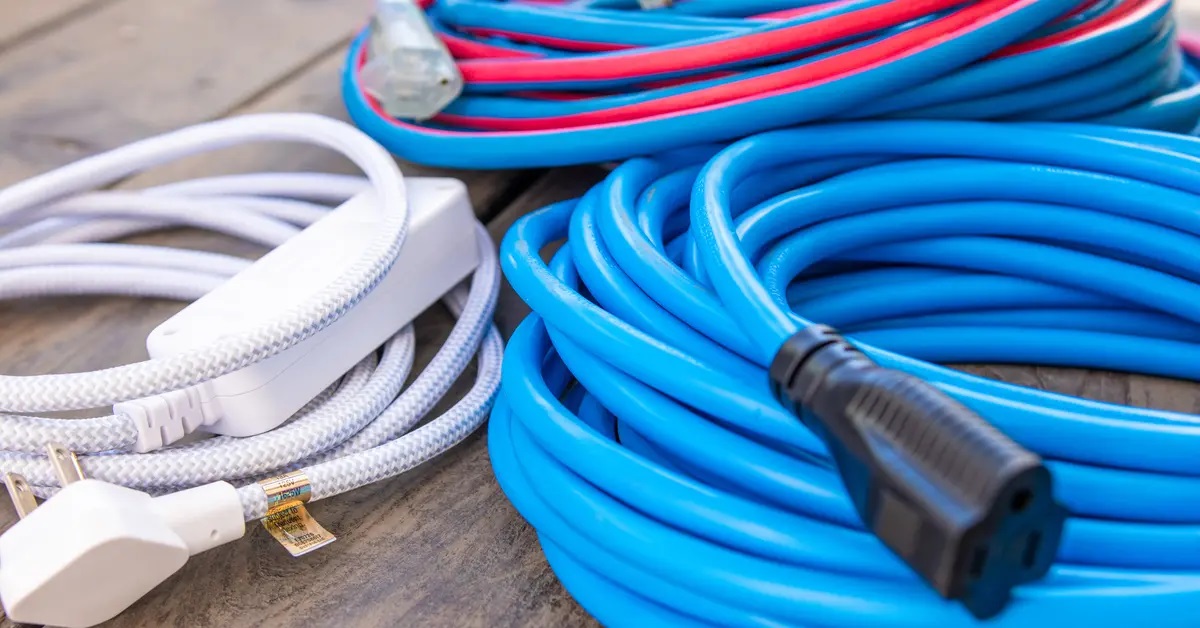
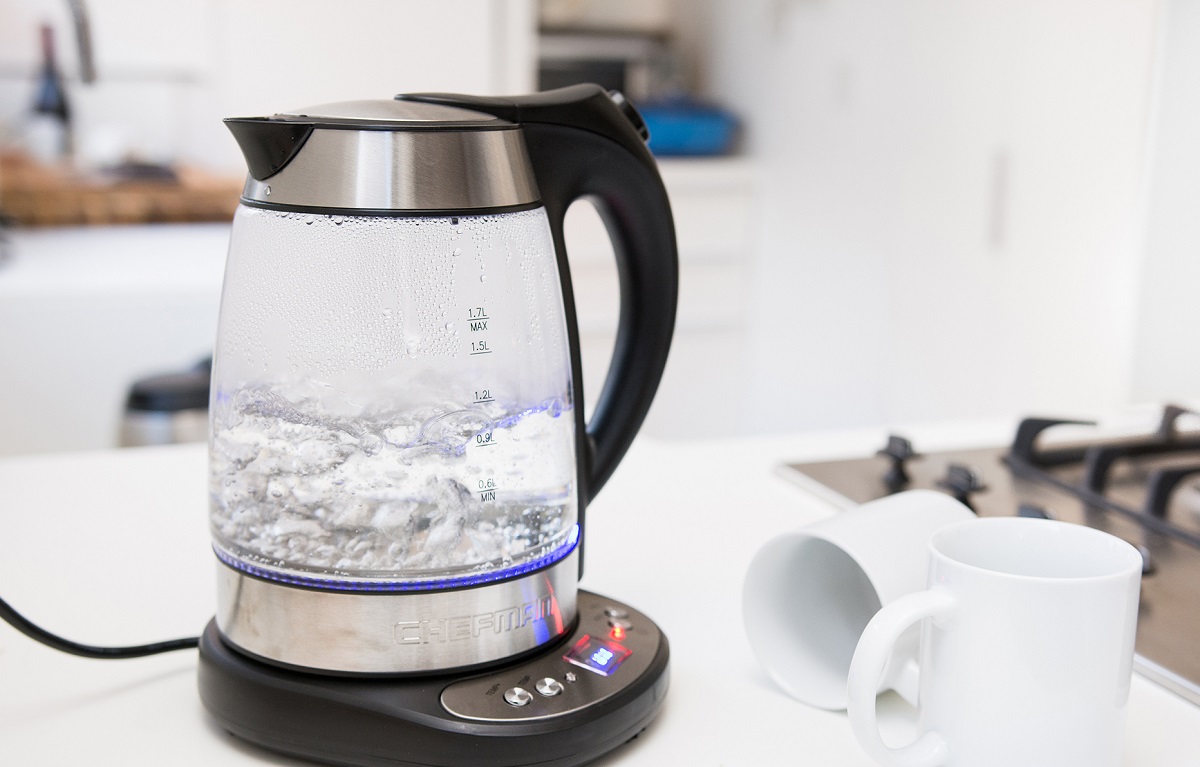
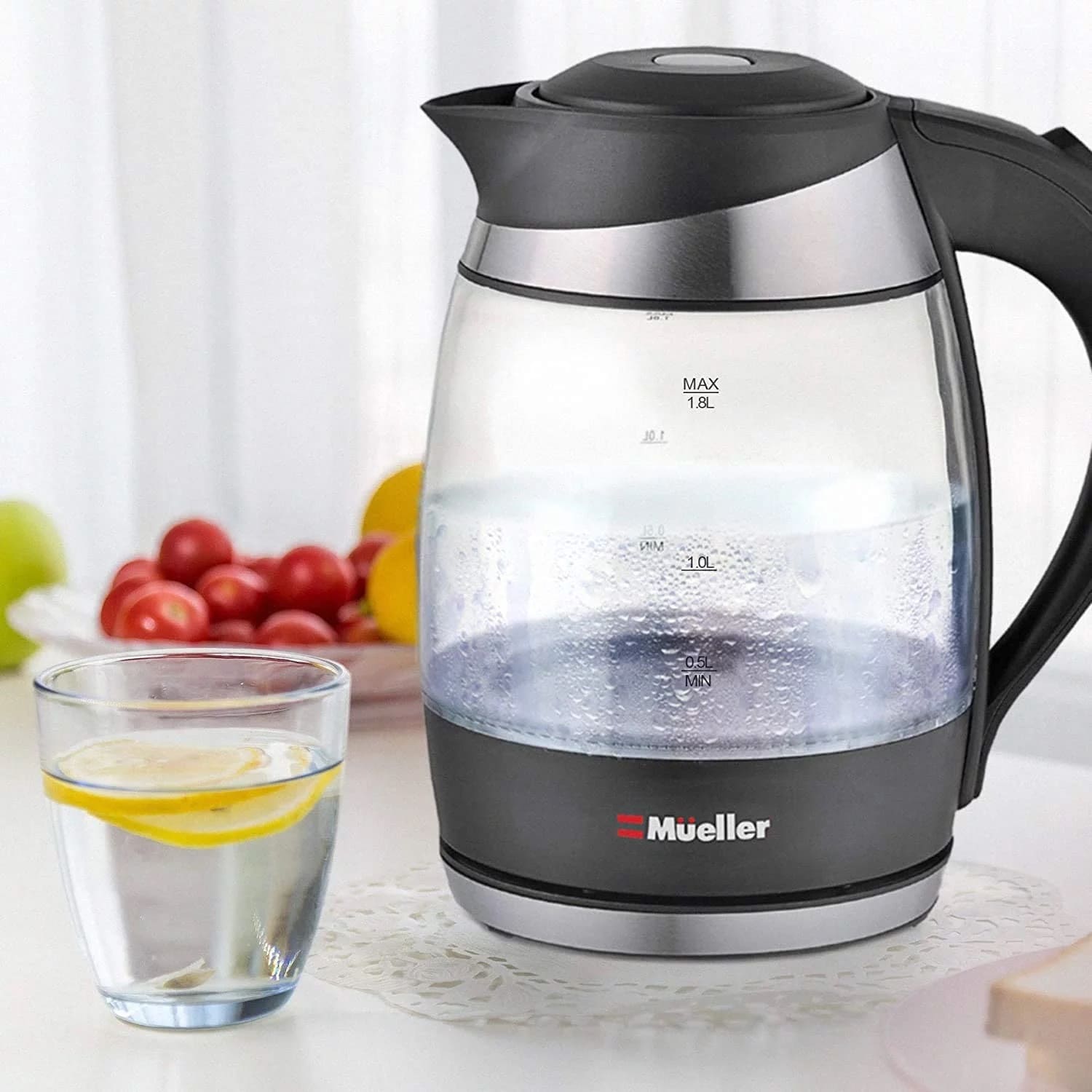
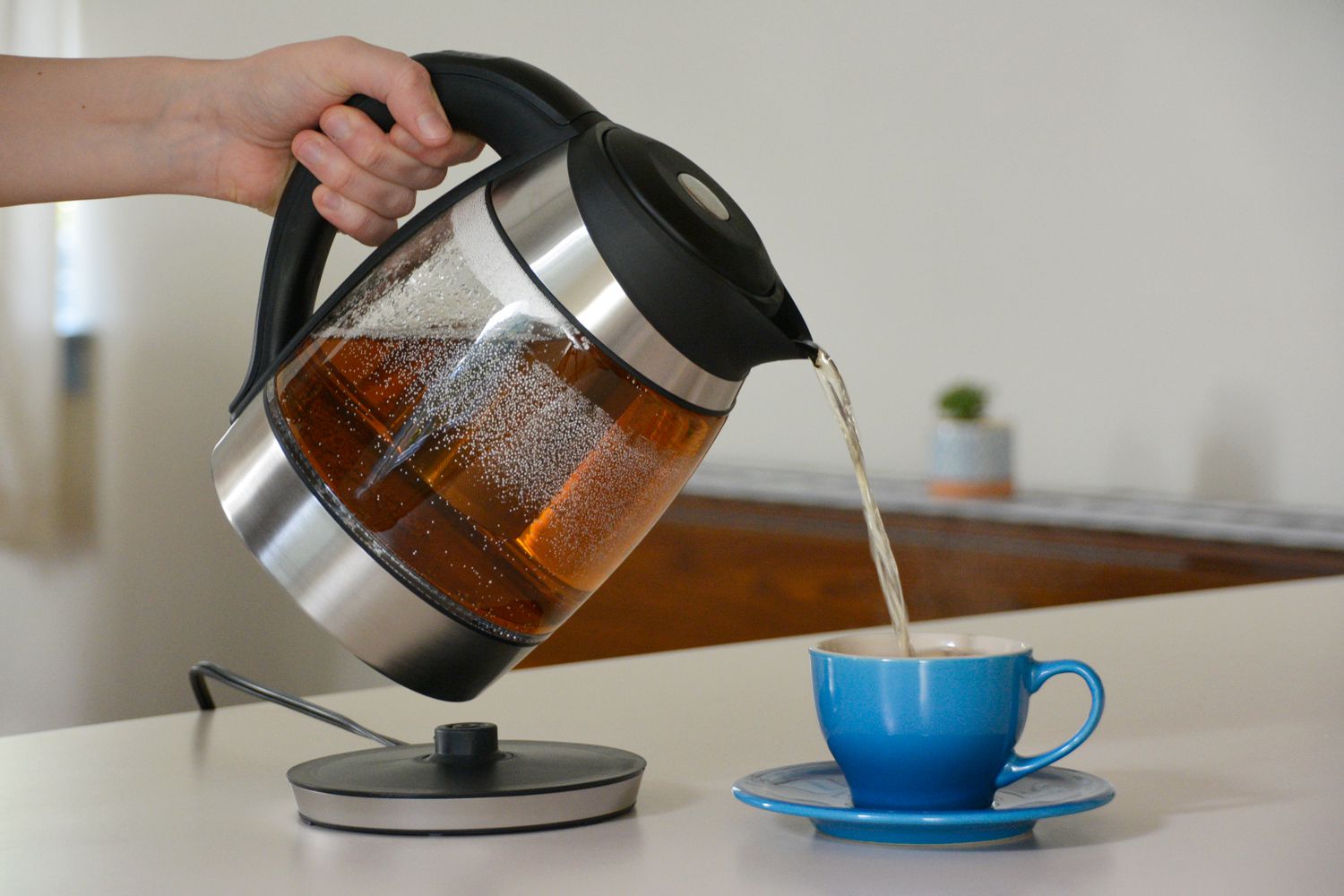

0 thoughts on “What Is More Efficient: Stovetop Kettle Or Electric Kettle”